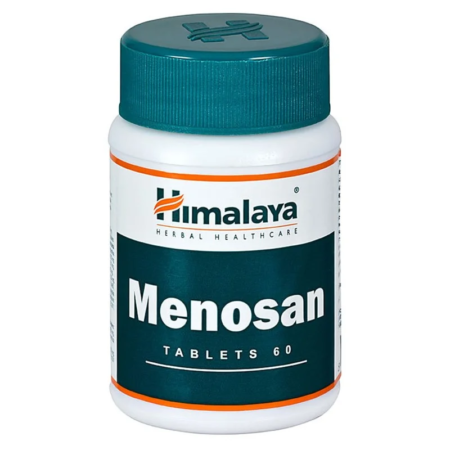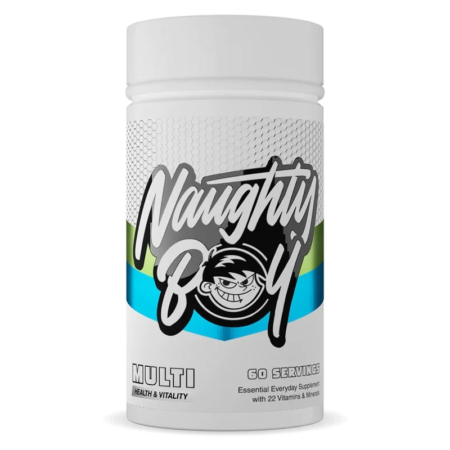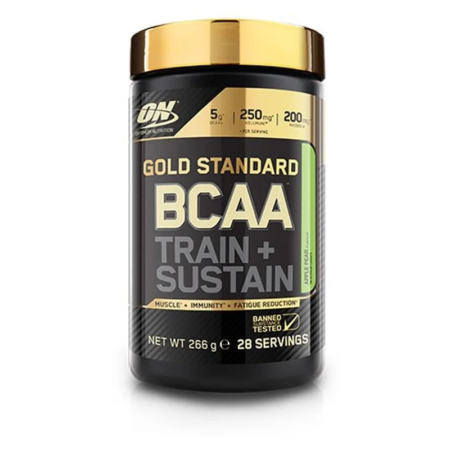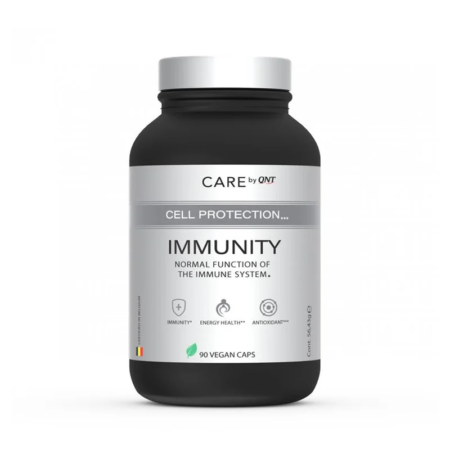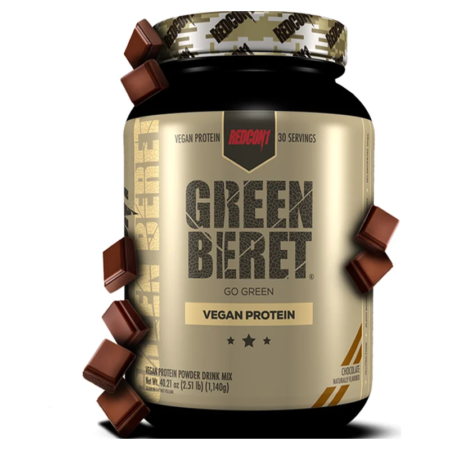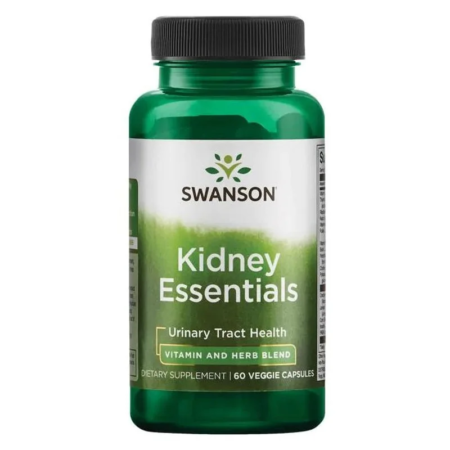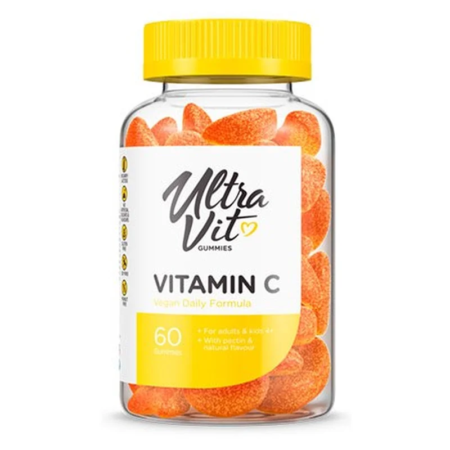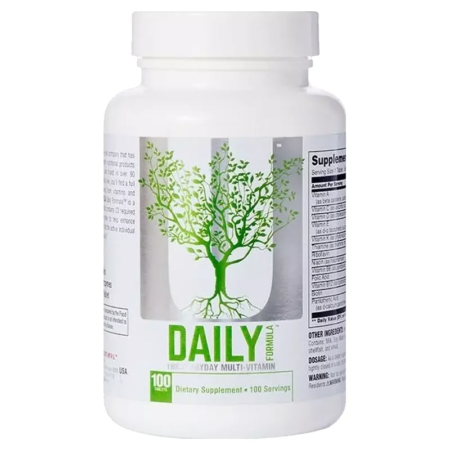Vitamin C
Vitamin C is a vital nutrient known for its antioxidant properties and role in immune defense. It is essential for maintaining good health and preventing various illnesses. This nutrient is not only pivotal for skin health but also for collagen synthesis and wound healing.
From improving iron absorption to acting as an anti-inflammatory agent, it is a versatile nutrient that supports various bodily functions. It also offers allergy relief and promotes overall well-being.
What is Vitamin C?
It is recognized by its scientific name ascorbic acid, is a crucial nutrient that the human body cannot synthesize on its own. This essential vitamin must be acquired through diet or supplementation. It is widely celebrated for its pivotal role in bolstering the immune system and its protective capabilities against environmental oxidative stress, which involves damage caused by free radicals.
The importance extends beyond immune defense; it plays a fundamental role in the repair and regeneration of tissues, is vital for the synthesis of certain neurotransmitters, and supports the overall functions of the immune system. It is also integral in the production of collagen, a protein necessary for the creation and maintenance of skin, cartilage, tendons, ligaments, and blood vessels. This vitamin is also important for wound healing and maintaining optimal bone and teeth health.
Vitamin C Benefits
It is a powerhouse nutrient with multiple health benefits that play an essential role in maintaining overall wellness. Here’s a closer look at its major benefits:
- Boosts immune system effectiveness: Enhances the immune system’s ability to fight off infections and diseases.
- Protects against free radical damage: It acts as a powerful antioxidant, neutralizing free radicals that can cause cellular damage and contribute to aging and diseases.
- Promotes healthy skin and wound healing: It is vital in the skin’s defense system, accelerating the healing process and helping to reduce the appearance of wrinkles.
- Enhances collagen production: Necessary for the health of skin, joints, and blood vessels, collagen synthesis is significantly boosted by adequate Vitamin C intake.
- Improves iron absorption: It helps increase the absorption of iron from plant-based foods, enhancing blood iron levels and preventing anemia.
- Reduces inflammation and provides allergy relief: It has anti-inflammatory properties that can reduce swelling and offer relief from allergies.
Incorporating sufficient Vitamin C into your diet can lead to improved health outcomes and protection against various health issues. Ensuring a regular intake through fruits like oranges and kiwis, vegetables such as peppers and broccoli, or through dietary supplements, is a great way to harness these benefits.
How much vitamin C per day?
The recommended daily intake varies by age, sex, and physiological conditions (e.g., pregnancy). Generally, adults should aim for about 75-90 milligrams per day, with higher doses recommended for those under stress or in polluted environments.
What happens if you don’t get enough? Let’s explore the signs of low vitamin C levels.
What are the Symptoms of Low Vitamin C?
Insufficient Vitamin C intake can lead to several health issues, with symptoms that can escalate if not addressed. Recognizing these early signs is crucial in preventing more serious conditions related to Vitamin C deficiency:
- Fatigue and weakness: A general feeling of lethargy and decreased energy levels can be early indicators of low Vitamin C levels.
- Swollen and bleeding gums: Vitamin C is crucial for gum health; deficiencies can lead to gum swelling and bleeding, a condition often associated with scurvy.
- Easy bruising and slow wound healing: Without enough Vitamin C, your body cannot produce sufficient collagen, leading to bruises and wounds that heal more slowly than usual.
- Dry and splitting hair: An indication of poor health, brittle hair can result from inadequate Vitamin C, which is essential for blood circulation to the hair follicles.
- Rough, dry, and scaly skin: Vitamin C plays a role in maintaining skin health; a deficiency can lead to skin that feels dry and appears rough and scaly.
- Decreased ability to ward off infections: A compromised immune system, making it harder to fight off infections, is a significant sign of low Vitamin C.
If you notice any of these symptoms, it’s important to evaluate your diet and consider increasing your intake of Vitamin C-rich foods or discuss supplementation with a healthcare provider to address potential deficiencies effectively.
Vitamin C For Skincare
Vitamin C is highly beneficial for the skin, known for its role in collagen production and as a potent antioxidant. How can you effectively incorporate Vitamin C into your skincare routine? Using serums and moisturizers that contain Vitamin C can significantly improve your skin’s texture and appearance.
What are the benefits of Vitamin C for the skin? It helps reduce signs of aging, diminishes hyperpigmentation, and enhances skin hydration.
What is L-Ascorbic Acid?
L-Ascorbic Acid is the chemically active form of Vitamin C and is recognized as one of the most potent forms available. This variant of Vitamin C is highly valued, particularly in the skincare industry, for its profound antioxidant properties. These properties are crucial in protecting the skin from oxidative stress caused by environmental pollutants and ultraviolet radiation.
Beyond its antioxidant capabilities, L-Ascorbic Acid is celebrated for its role in promoting collagen synthesis. Collagen is a vital protein that helps maintain the skin’s elasticity and firmness. By stimulating collagen production, L-Ascorbic Acid not only helps to reduce the appearance of fine lines and wrinkles but also supports the overall structure of the skin, leading to a smoother and more youthful complexion.
How to Get More Vitamin C
Increasing your Vitamin C intake is straightforward and can be effectively achieved through diet and supplementation. Excellent dietary sources of Vitamin C include citrus fruits such as oranges and grapefruits, strawberries, bell peppers, spinach, and kale. Regularly incorporating these foods into your meals not only boosts your Vitamin C levels but also provides other essential nutrients that contribute to overall health.
If your diet does not include a sufficient amount of fruits and vegetables, or if specific health conditions necessitate higher doses of Vitamin C, supplements can be a practical option. Vitamin C supplements are available in various forms, such as tablets, capsules, and powders, making it easier to meet your daily requirements and enjoy the protective and healing benefits of this essential nutrient.


